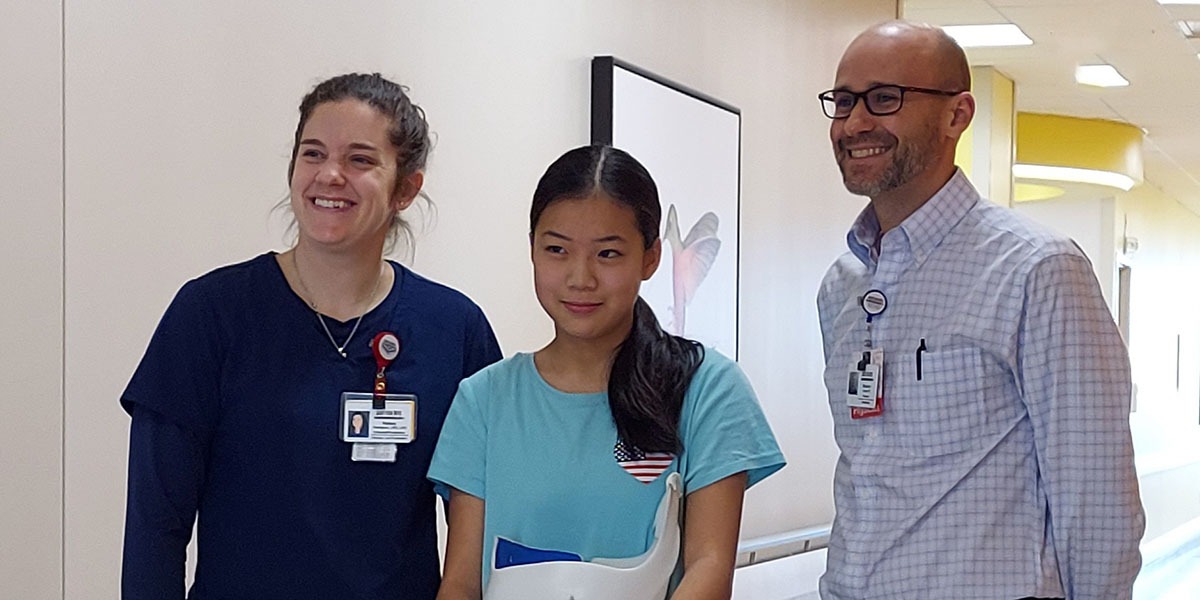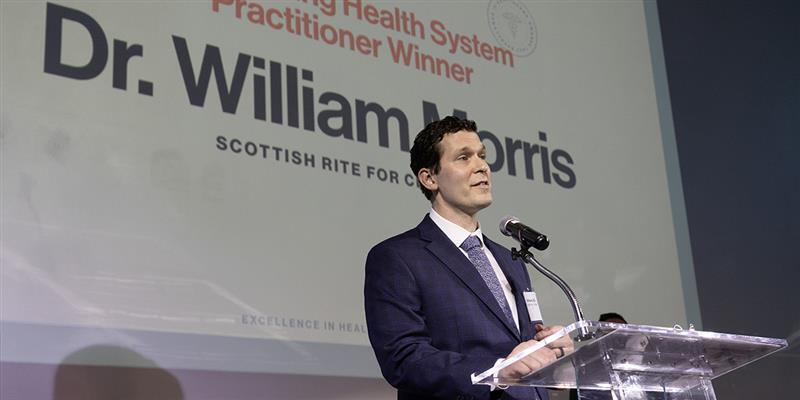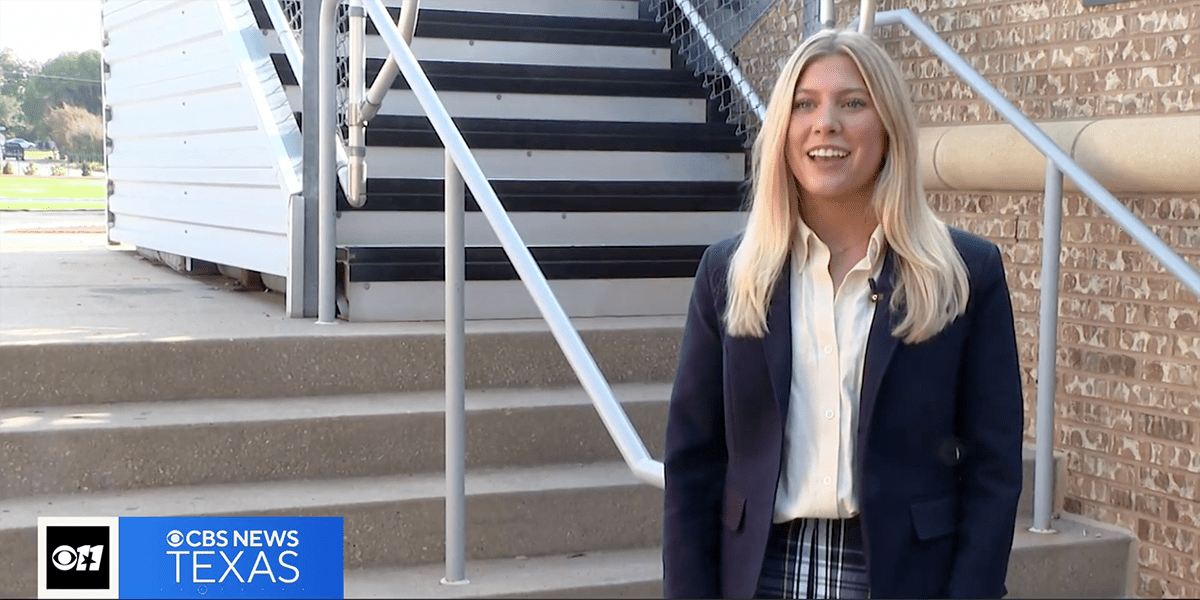For media/press inquiries, please contact:
Megan Brooks
214-820-7540
[email protected]
Dallas researcher, Virginia Pascual, M.D., publishes new findings in prestigious Cell journal
DALLAS (March 31, 2016): New research that may dramatically improve drug development for systemic lupus erythematosus patients will be published on April 21 in Cell, the most prestigious scientific journal among biologists. The paper, “Personalized Immunomonitoring Uncovers Molecular Networks That Stratify Lupus Patients,” is authored by Dr. Virginia Pascual, principal investigator of the study and researcher at Baylor Institute for Immunology Research, part of Baylor Scott & White Research Institute.
“This achievement reflects Dr. Pascual’s commitment to excellence and to continuous improvement of quality care for patients with lupus,” said Donald Wesson, senior vice president of medical education and research for Baylor Scott & White Research Institute. “For many investigators, simply getting a publication in Cell is the highlight of their career, but for Dr. Pascual, it’s another great honor in a career that has brought prestige to her work and to Baylor Scott & White Health.”
Lupus is a chronic disease that causes the body’s immune system to attack its own tissues, causing inflammation, pain, and organ damage. It’s a complicated condition that’s difficult to diagnose – no single test can definitively detect it – and complex to treat since no two cases are alike. Clinical trials for effective drug treatments have had limited success. In this study, Dr. Pascual and her team aimed to understand the molecular diversity of the disease in an effort to make future drug development easier and more effective.
“The results included in this paper provide an explanation for why clinical trials fail in lupus, and open the door for true personalized approaches to drug discovery and treatment in this disease,” Dr. Pascual said.
Researchers studied the transcription of genes in 924 blood samples from 158 pediatric lupus patients from Texas Scottish Rite Hospital for Children clinics and other children’s hospitals for up to four years. This personalized immunomonitoring approach, which measures gene expression activity of different cell types, allowed researchers to classify patients into seven groups with similar molecular disease structure at the time of both disease flares and remissions.
Dr. Marilynn Punaro, medical director of rheumatology at Scottish Rite Hospital, and members of her team are co-authors of the study, which may improve clinical trial design and implementation of tailored therapies in lupus and other genetically and clinically complex autoimmune diseases.
“This is a landmark study that has the potential to dramatically improve treatment and quality of life for the hundreds of thousands of people suffering with lupus,” Dr. Pascual said.
Learn more about studies conducted at Baylor Scott & White Research Institute.
About Baylor Scott & White Health
Formed from the 2013 merger between Baylor Health Care System and Scott & White Healthcare, the system referred to as Baylor Scott & White Health is the largest not-for-profit health care system in the state of Texas. With total assets of $9 billion* and serving a population larger than the state of Georgia, Baylor Scott & White Health has the vision and resources to provide its patients continued quality care while creating a model system for a dramatically changing health care environment. The system now includes 48 hospitals, more than 900 access points, 6,000 active physicians, and 40,000 employees, plus the Scott & White Health Plan, Baylor Scott & White Research Institute and Baylor Scott & White Quality Alliance — a network of clinical providers and facilities focused on improving quality, managing the health of patient populations, and reducing the overall cost of care. For more information visit: BaylorScottandWhite.com
*Based on unaudited 2015 fiscal year statements.
###
For more information, view an article on Baylor’s website.














